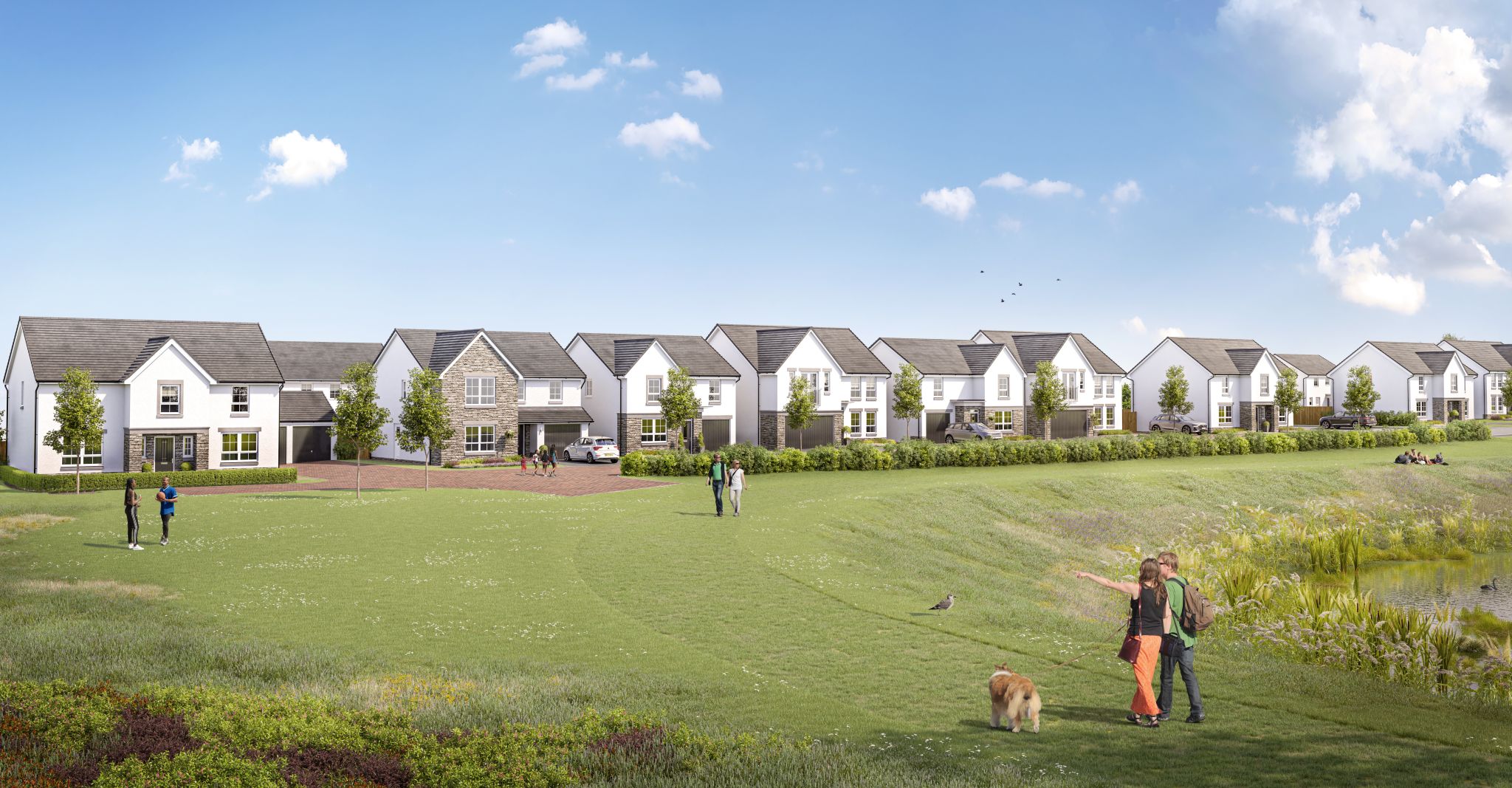Article by Robert Evans, Partner and Head of Planning at Ryden.
Planning policy has dominated headlines across the UK this year. From the positive reforms in delivery expected from England’s National Planning Policy Framework (NPPF) to the 33 tensile policies currently in review in the Planning Framework 4 (NPF4) in Scotland, now embedded as a central tool in decision making, the sector is undergoing notable changes, reflecting growing urgency around housing delivery, climate targets and infrastructure resilience.
NPF4’s 33 policies, mainly focused on climate action, biodiversity, brownfield regeneration and 20 minute neighbourhoods, are ambitious but they’re still under review, signalling the complex balancing act between aspiration and application.
NPF4 carries statutory weight as part of every Local Development Plan (LDP), shifting the burden of proof onto developers to show compliance. The emphasis on site allocation has become a sticking point, with both the Scottish Government and the Planning & Environmental Appeals Division (DPEA) increasingly dismissing appeals for developments on unallocated land. This reinforces a binary dynamic, greenfield vs brownfield, allocated vs unallocated, that raises questions about flexibility and responsiveness to market needs.
There is no hierarchy of policy, with decision making down to planning judgement and weight to be accorded to policies of the development plan. New tools such as Masterplan Consent Areas (MCAs) are aimed to unlock delivery by pre-consenting sites but they can also be used for allocating or consenting sites for development, a throwback to Simplified Planning Zones (SPZs) for those who remember, raising concerns in terms transparency and accountability.
On housing delivery, the problem is clear. Over 160,000 consented homes remain unbuilt in Scotland, showcasing how the gap is not in consent but in execution. Affordability is still a long term structural issue, with house prices in Scotland reaching five to six times average incomes and even higher in England. A return to meaningful affordability will require sustained and significant housebuilding, both public and private, underpinned by a mindset shift and infrastructure first investment strategies.
England takes a different approach with the proposed reintroduction of statutory Spatial Development Strategies (SDSs) and a bigger role for combined authorities and metropolitan mayors. This could enable faster delivery through top to down coordination, unlike Scotland’s centralised but locally administered model.
Ultimately, mindset is still a major issue and the planning system needs to evolve from being a gatekeeper of policy compliance to an enabler of delivery. This means moving beyond a “just enough” land allocation, confronting land value inflation and embedding a genuine presumption in favour of sustainable development.
Learn more about Ryden Planning services here.

